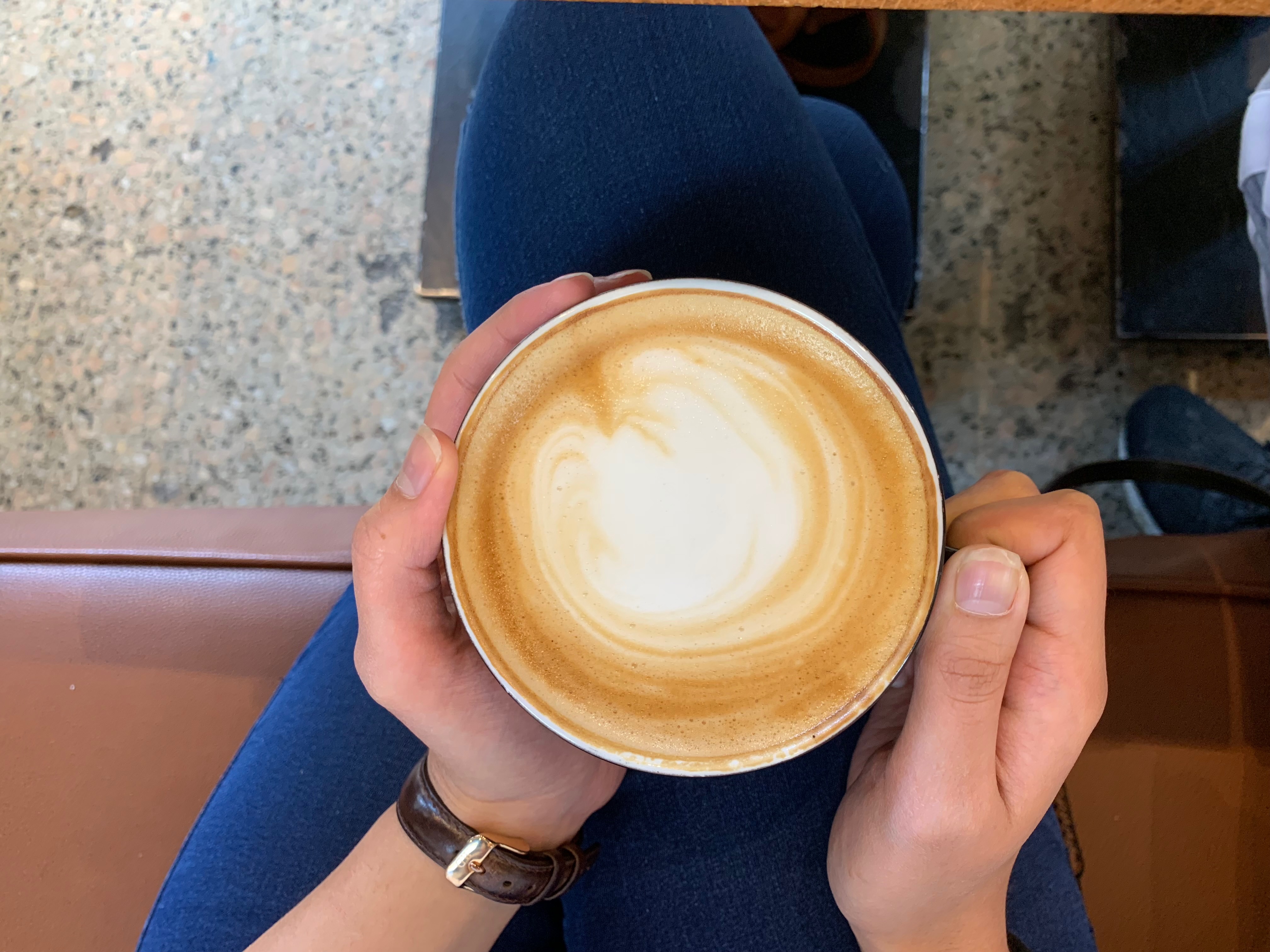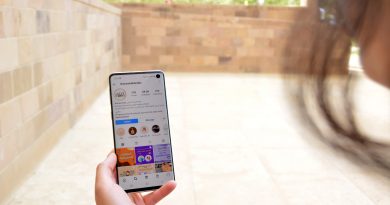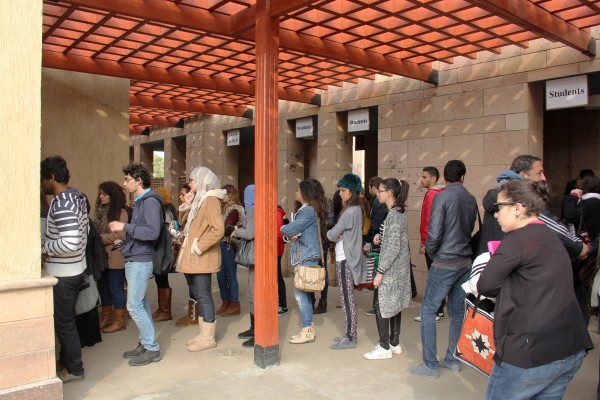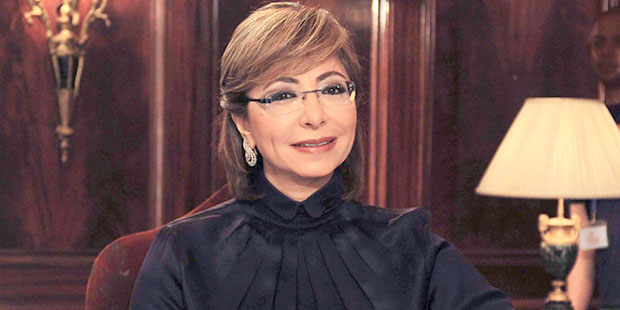Quarter-Life Crisis Confessions
By: Nada AlNaggar
@NadaWahba10
It all started during a conversation my friend and I had when we were out enjoying piping hot coffee to relieve us from the piercing cold wind.
“I feel like I don’t know what I’m doing,” my friend suddenly said in a defeated tone.
I couldn’t tell whether it was the cold wind slapping me in the face or the dread of the taboo topic I was about to breach.
I put my coffee down and looked at her.
“I don’t know if I’m studying what I want,” she went on.
Relating to my friend, I felt just as lost and my anxiety was about to unravel.
Growing up, I was surrounded by dentists and doctors in my family. The presumption was that I would follow suit.
As the years went by, and as I watched my uncle practice dentistry on his patients, I noticed the feeling of accomplishment and satisfaction on his face knowing he had relieved their pain.
And so, the idea started to take root in my head: At age 12, I knew that I wanted to become a doctor. I so badly wanted to experience the same fulfillment my uncle gets every time he’s at work.
I started situating myself more into the field. I read countless books about the anatomy of the human body and brain. I did the stereotypical binge watching medical dramas and declaring that this is what I want to do when I grow up.
I wanted to become a surgeon.
Time passed and I started to become more and more obsessed with the medical world. I started to fall into the trap of diagnosing the people around me, even though I had no experience at all.
This obsession dragged me into depression for a long time, and I knew what was coming; I would inevitably start misdiagnosing myself.
When things escalated, I realized I needed to abandon the idea of becoming a doctor before my obsession turned fatal. Instead, I turned to psychology. It all made sense, what was the closest thing to becoming a doctor? Becoming a psychologist, or a psychiatrist.
My new go-to answer whenever someone asked about my future directions was “I’ll fix people in the head instead.”
But as I grew older, that answer made less sense and it was borderline insulting, but I didn’t know any better. I wasn’t “woke”, as the kids would say, at 12.
“So what major will you choose in university?”
I would confidently reply “psychology”, an answer that I knew by heart.
A few years later, I added journalism to the equation because I enjoyed writing and I thought well, why not?
Years passed and I found myself in high school. I observed in dismay as advanced biology, the class I had my mind set on for so long, began to fade.
Instead, I joined the arts section.
I took my SATs, got the score that would get me into the university, applied and got accepted. Smooth sailing, one would think.
But here’s the kicker.
I’ll soon be a senior majoring in psychology and journalism and I don’t have the slightest idea of what I want to do with either.
Since wanting to be a surgeon consumed a huge portion of my life, I still get whiffs of regret and guilt whenever I think of how long I’ve prepared myself for what I thought I’d pursue but never did.
My parents don’t know about this because all hell would break loose and I would create a chain reaction of panic that their daughter has strayed off the beaten path, so I keep it to myself.
The more I listened to my friend talk about losing her way, the more frustrated I became about my own disorientation.
I knew that I’d been frustrated for so long but I never allowed myself to admit it. The feeling of frustration was soon replaced with pure anger, one that was directed mainly inward.
I was hasty with my choice of majors because of the pressures that came with graduating high school and applying to the university.
When one is in university one hears that these years are the best times of our lives.
That “it’s only going to get worse from here on.”
So what does one do? How can one enjoy something they are unsure of? And worst of all, how can one escape such dissonance?
I found myself aggressively fiddling with the hem of my shirt and looking away from my friend in an attempt to tame my anger. After all, we were still in a public place and I was hyper aware of that.
I sunk into my seat, finally realizing that everything I’ve been slaving over for the past three years – all my scholastic achievements – were veiled in a shroud of self-doubt.
Is this what I’ve always wanted to do?
I’ve always had things under control, in a bid to silence my inner conflicts.
How quickly uncertainty became the bane of my existence.
The panic showed on my face, and my friend – who was waiting for me to console her – was instead trying to calm me down.
I was hyperventilating in the middle of the coffee shop, not our idea of grabbing coffee.
I found myself trying to explain to my friend amidst bursts of breaths why I was panicking but she just rapidly nodded in return, motioning that she understood without me having to spell it out.
I remember being confused and surprised by my reaction at the time, I didn’t think said topic had such a profound effect on me.
Bit by bit I started to calm down and I found myself slowly starting to share my own intake on being lost.
We’ve grown accustomed to the idea that we have to have things figured out before we graduate high school and this alone leads to hasty decisions and regret down the line.
Because “if you don’t figure it out now, you’re never going to figure it out.”
This in itself creates a contrast; if that’s the case and we all need to work towards a purpose because we don’t get to have a second chance then why is midlife crisis a thing?
Being doubtful of one’s own decisions shouldn’t be frowned upon, it should be the getaway, the facilitation towards one’s right path.
Skepticism gives you room and space to step back and truly think of what’s yet to come, what you’re meant to do.
Second guessing your life-dependant decisions, turns out, isn’t as bad as I thought it was. I’m still learning how to move about this struggle, I’m still on the search for answers.
Finding your place in the sun is the means towards living a life that doesn’t just drag on, and this process takes multiple experiences of trial and error.
Whenever I’d talk to anyone my age or older, they’d always complain about the same thing; their parents are expecting them to work towards a purpose and have everything figured out.
They expect them to go into their university having made up their minds on what they’ll work as – not even what their major will be.
I want it to be okay for me to admit that I don’t know what I’m doing just yet.
With that, I took the last sip of my coffee. My friend sat comfortably in her seat, feeling reassured and in company amongst her turmoil. I leaned back in my chair and switched to a different conversation.
I wasn’t the only 20 year old with a quarter life crisis. I knew things were going to be okay.




